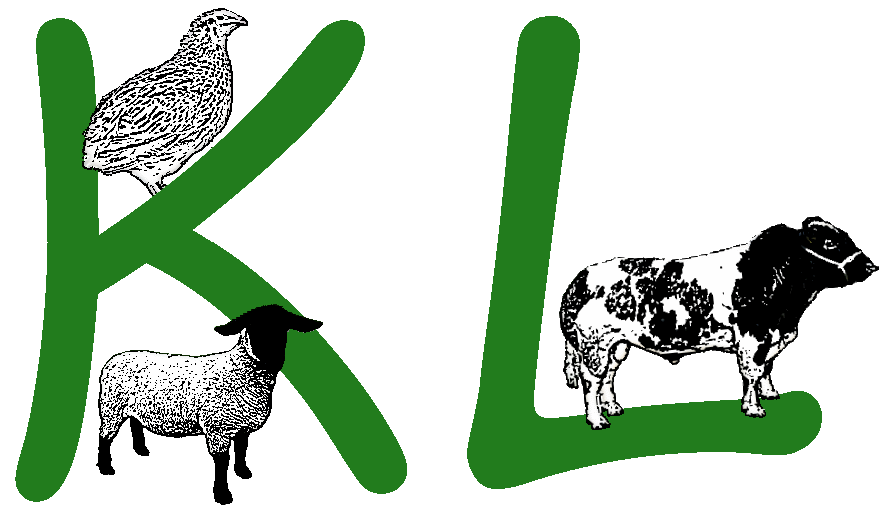Lambing
Lambing is going well, hopefully by the time you read this all the sheep will have lambed. We move the sheep inside for lambing so they are easily accessible day and night and to provide shelter for the new lambs. Once the lambs are strong enough and have bonded with their mothers and if the weather is good we turn the ewes and lambs out to grass within a few days of lambing. A few yearling show sheep have been sheared so that their wool will regrow to a suitable length to look smart in time for the summer shows.
The Hadleigh Show is the first one of our season on Saturday the 17th May. Because of our other commitments at the Hadleigh Show we will not be taking any cattle this year, but will still show some sheep.
Cattle
Calving is progressing with 20 cows left to calve. We are nearing our annual peak of cattle numbers with about 200 head (800 feet!) on the farm. This will reduce as last year’s calves begin to be sold at Colchester Market. We recently took a bull to Newark Livestock Market to be sold for breeding and were very pleased to get £4,000 for him.
Arable
After a wet winter a sustained dry spell allowed us to make a start on spring ground work: 52 acres of spring beans and 50 acres of spring barley have been drilled, all winter cereals have had their first application of nitrogen along with base fertiliser consisting of potash (potassium) and phosphorus. Plants are carbon based organisms like all life on earth, around 50% of dry plant matter by weight is made up of carbon atoms, a further 45% is accounted for by hydrogen and oxygen. Plants are able to extract carbon from CO2 in the air and hydrogen & oxygen from water. Nitrogen is the next most abundant element in plant matter, making up around 1.5%, it is vital in the production of proteins, DNA and chlorophyll which allows plants to photosynthesise. Although nitrogen makes up around 80% of the air, plants are unable to extract it so it must be provided in the soil by fertilisers.
The oilseed rape has had a fungicide spray and all of its fertiliser, it is growing so quickly the fertiliser had to be applied in a shorter time frame than normal because it was getting too tall for the spreader to distribute the fertiliser properly.
Buildings
We have been working to expand the farm workshop and at the same time, build a farm office and staffroom. We are also planning to build a new shed to house machinery and to increase our grain storage capacity.
